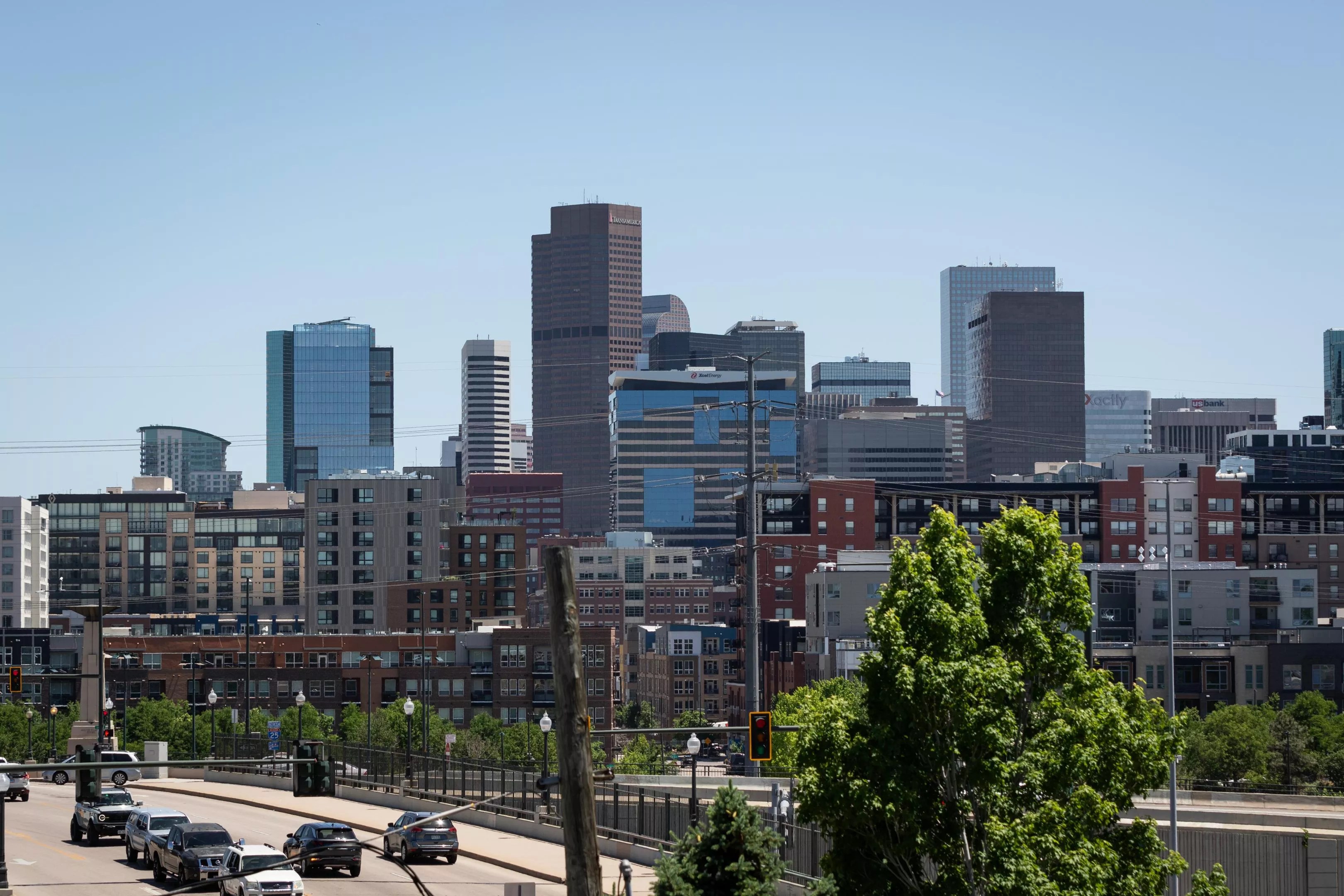
Jack Spiegel

Audio By Carbonatix
Residents across Denver’s neighborhoods are worried about the cost of living in the Mile High City, particularly related to the rising price of homes and rent.
A recent study from travel-and-finance website Upgraded Points shows that they aren’t imagining things: It’s more expensive to live in Denver now than it was four years ago.
According to the study, assorted items in Denver cost 21.5 percent more than they did in 2020, with housing costs driving a large part of the increase. Housing is 25.2 percent higher than it was in 2020, while groceries cost 17.9 percent more than they did four years ago.
During the same time period, wages grew by just 16.9 percent – so Denver’s pocketbooks aren’t keeping up with what it costs to live here.
Denver’s pattern mirrors that of other large cities across the country; the study found that over 71 percent of Americans say it’s harder to get by now than it was a decade ago. Tampa, Florida, and Houston, Texas, registered as the only cities where wage growth outpaced inflation, according to Upgraded Points.
The study examined how inflation-adjusted wages changed from December 2020 to December 2024 using data from the U.S. Bureau of Labor Statistics; inflation rose particularly rapidly in 2021.
“By comparing wage growth to the increasing costs of goods and services, the findings reveal where worker pay has failed to keep pace, highlighting the cities where residents have lost the most purchasing power,” the study explains.
Though Denver’s picture isn’t pretty, other places have it worse: Denver registers as the city with the twelfth-highest cumulative inflation over the four-year time period. Recent WalletHub data corresponds with what Upgraded Points found, determining that prices rose in Denver by 2.3 percent over the last year according to the Consumer Price Index; it was the 23rd-biggest jump in the country during that time period.
“While inflation-adjusted wages remain slightly higher than they were at the start of the pandemic, the rapid erosion of purchasing power – particularly for essentials – has made this regression especially difficult for Americans to absorb,” the study explains.
Of the people participating in the study, 25.6 percent listed housing as the heaviest financial burden. In Denver, rent fell by 4.4 percent over the last year but decent apartments are still tricky to find at a price point of $1,600 or lower, especially if a family needs more than one bedroom.
After housing, groceries were the heaviest financial burden. Recently, Americans have pointed to the high price of eggs as an example of how much harder it is to feed a family these days. According to University of Denver researcher Jack Buffington, Colorado’s cage-free egg laws contribute to the high cost of eggs here – but the bigger issue is a weak national supply chain, a problem that is difficult to solve.
Health care and taxes are the two next highest budget stressors for Americans. Colorado is somewhat lucky in this regard, with tax rates in the state ranking among the lowest in the nation.